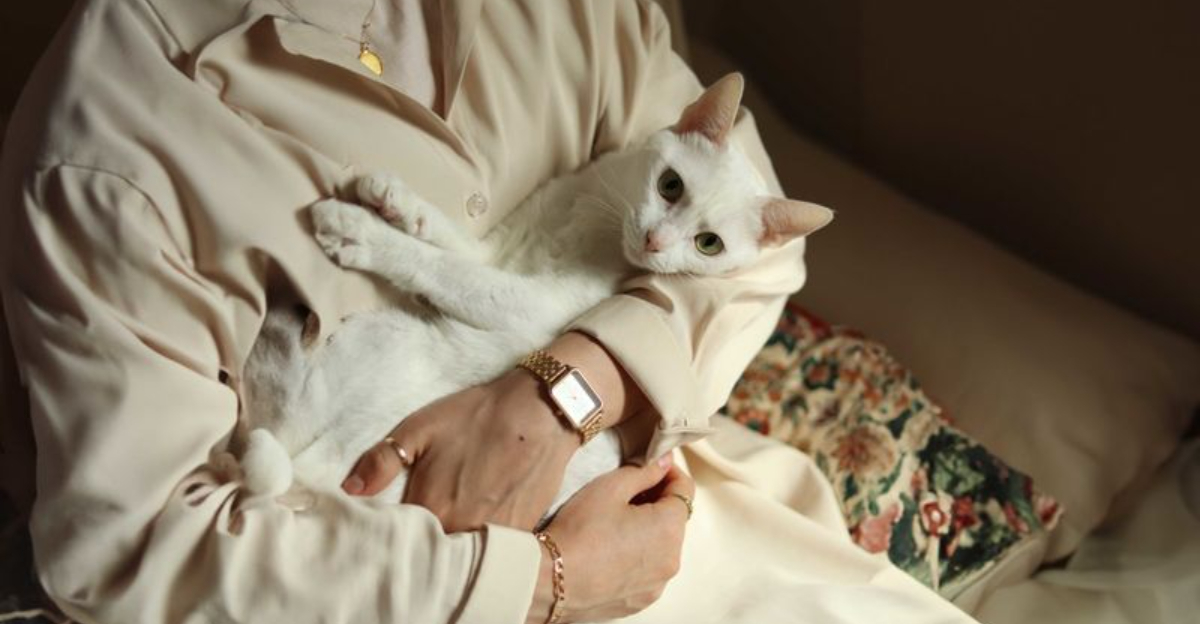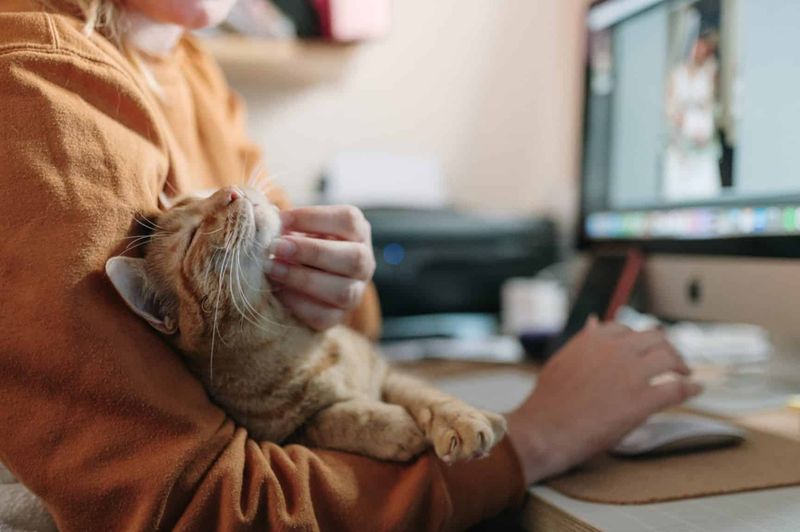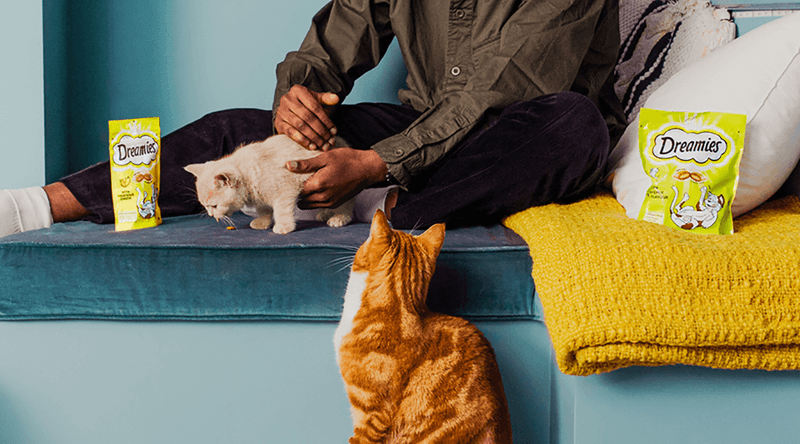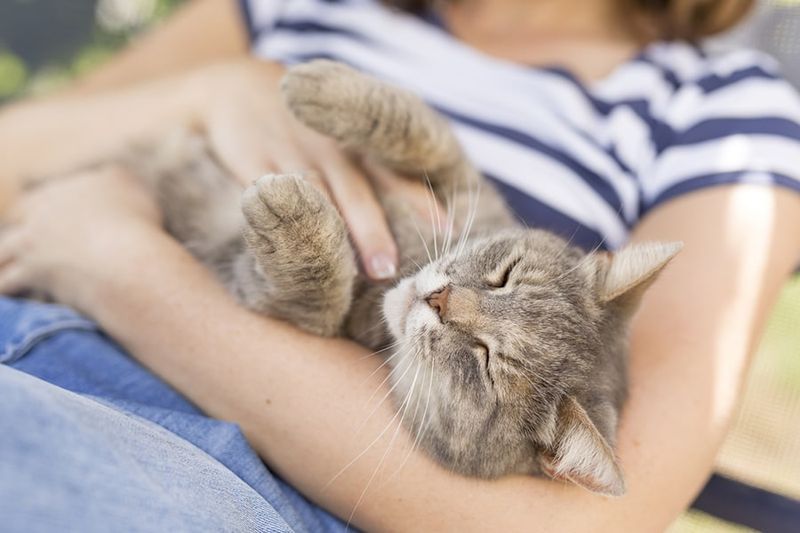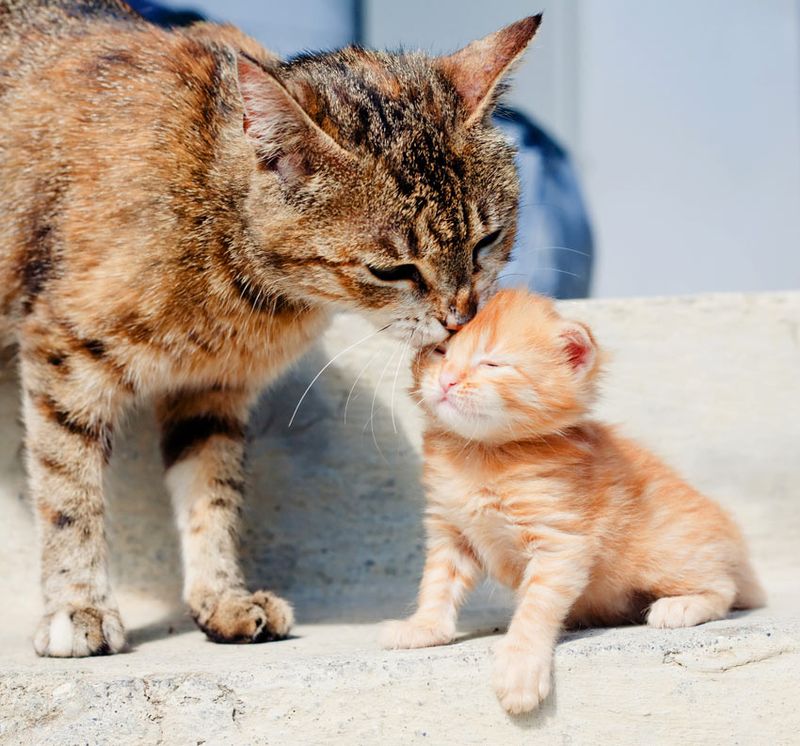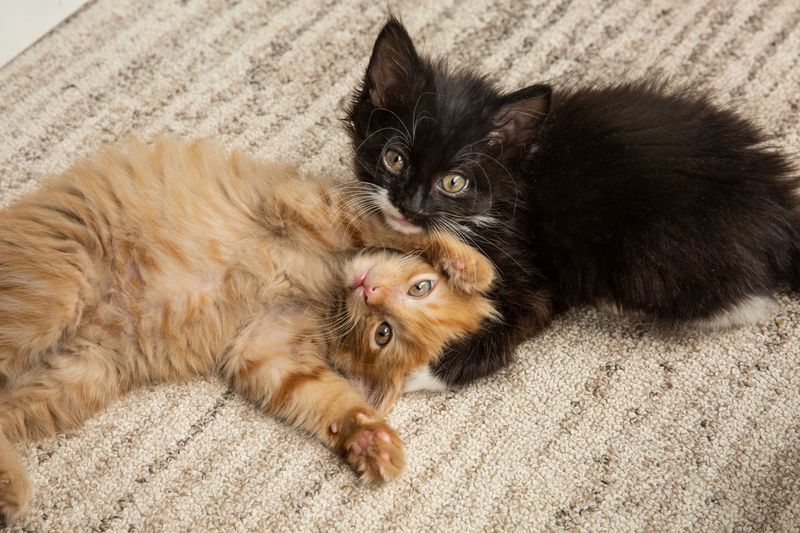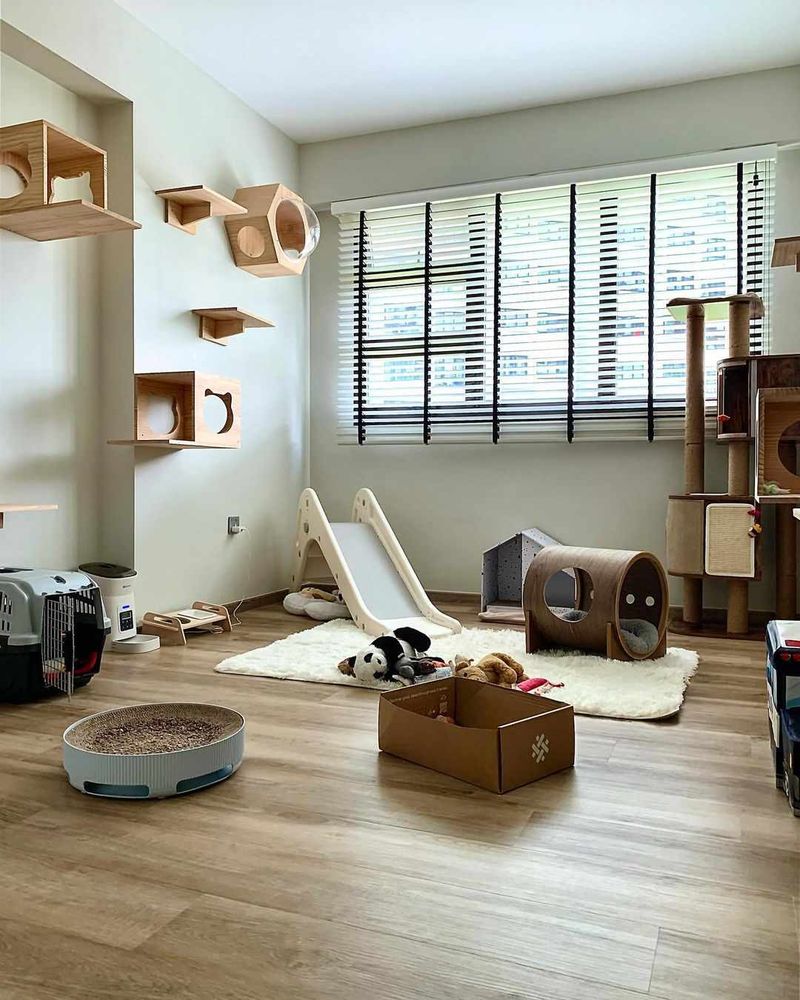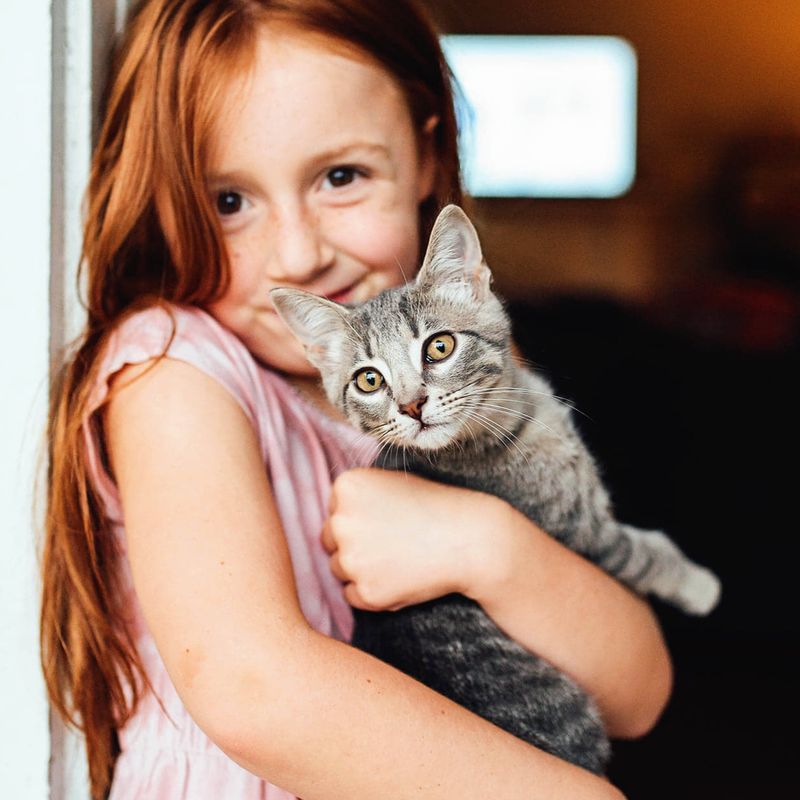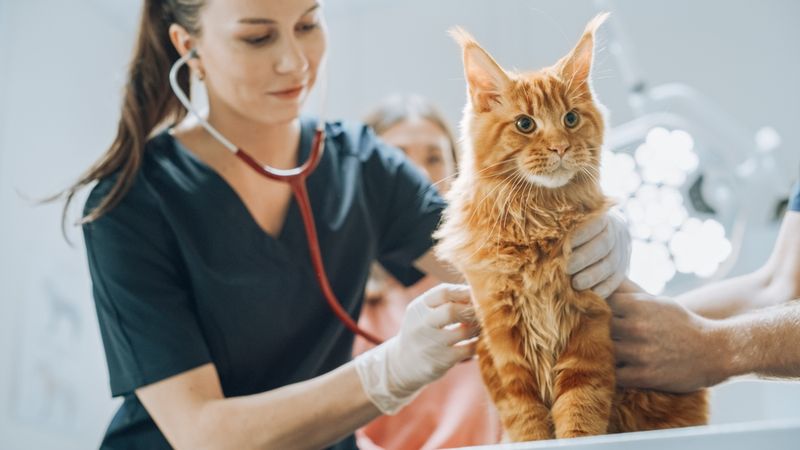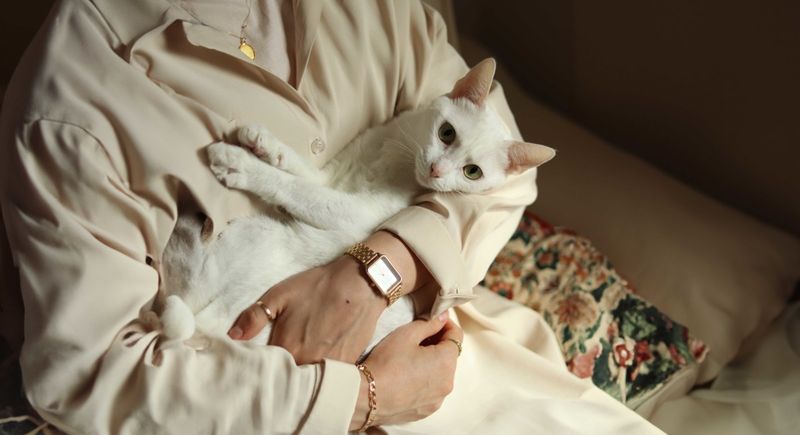📖 Table of Content:
- 1. Am I Ready for a Long-Term Commitment?
- 2. Do I Have the Time and Energy to Care for a Cat?
- 3. Does My Lifestyle Suit Cat Ownership?
- 4. Is Everyone in My Household on Board?
- 5. Do I Have Allergies or Does Anyone in the Home?
- 6. Do I Want a Kitten or an Adult Cat?
- 7. Should I Adopt One Cat or Two?
- 8. Can I Afford the Cost of Cat Care?
- 9. Is My Home Cat-Friendly?
- 10. Do I Know Where to Find a Responsible Rescue or Shelter?
- 11. Do I Have a Veterinarian Lined Up?
- 12. Am I Prepared for the Emotional Bond and Responsibility?
Welcoming a cat into your home is more than just adopting a pet—it’s inviting a new personality into your everyday life. Whether they’re curling up in your lap, watching birds from the windowsill, or pawing at your keyboard during work calls, cats have a way of making their presence known. Their companionship can be deeply rewarding, but it also comes with a unique set of responsibilities that many first-time adopters underestimate.
Before you pick out the food bowls and scratching posts, it’s important to take a step back and ask yourself the right questions. A cat isn’t just a weekend impulse or a cute addition to your Instagram feed—they’re a living, feeling animal who depends on you for care, love, and stability. From long-term financial planning to emotional readiness and household dynamics, several factors should shape your decision.
This guide lays out 12 thoughtful questions every potential cat owner should ask before bringing one home. These aren’t meant to scare you off—in fact, they’re here to help you prepare with confidence and clarity. When you know what to expect, you’ll be better equipped to give your cat the secure, loving home they deserve. Let’s dive in and make sure you’re truly ready to meet your future feline best friend.
1. Am I Ready for a Long-Term Commitment?
Commitment is the cornerstone of pet ownership, especially when it comes to cats who can live up to two decades. If you’re considering adoption, ask yourself how your life might evolve over the next 10 to 20 years. Will you be moving often, starting a family, or making career changes that could impact your ability to care for a pet? Cats are not short-term companions—they’re lifelong family members. Giving them up later due to lifestyle changes can be traumatic for both you and the cat. Think beyond the excitement of adoption day and consider what it means to care for an aging cat. Making this decision with foresight ensures you’re offering a stable and loving home for their entire life.
2. Do I Have the Time and Energy to Care for a Cat?
Time may seem abundant now, but are you prepared for the daily and weekly needs of a cat? Feeding, cleaning litter boxes, grooming, playtime, and trips to the vet are all part of feline care. Although cats are more independent than dogs, they still need attention, stimulation, and emotional connection. Bored or neglected cats can develop behavioral issues like scratching furniture, biting, or becoming withdrawn. You should evaluate whether your current schedule allows for quality time with a pet each day. Owning a cat isn’t just about having something to come home to—it’s about being an active participant in their well-being. If time is scarce now, it might be worth waiting until life calms down.
3. Does My Lifestyle Suit Cat Ownership?
Different lifestyles can drastically impact how well a cat fits into your daily rhythm. For example, if you travel frequently or work long hours away from home, a pet that thrives on routine and companionship might not be ideal. Cats need a predictable environment, and major disruptions can lead to anxiety or even health issues. People with highly dynamic or unpredictable routines may struggle to provide that stability. Consider whether you can adjust your schedule or living habits to meet a cat’s needs. Some people find joy in reshaping their lifestyle to be more home-based because of a pet. But it’s important to be realistic rather than optimistic when considering how a cat will mesh with your routine.
4. Is Everyone in My Household on Board?
Harmony in the home is key when introducing a new pet, and not everyone may feel the same way about cats. Some family members might be hesitant due to allergies, past experiences, or general discomfort around animals. Before bringing a cat home, you should have open, honest conversations with everyone in your household. Consider how responsibilities will be shared, how the cat will impact daily life, and whether everyone is willing to adapt. Resistance from even one person can create tension and affect the cat’s adjustment period. It’s crucial that all household members feel involved and committed to creating a welcoming environment. A cat thrives best in a home where every human is on their team.
5. Do I Have Allergies or Does Anyone in the Home?
Allergies to cats are more common than many realize and can turn a joyful experience into a frustrating one. Symptoms like sneezing, itchy eyes, or difficulty breathing can be triggered by cat dander and saliva. If you’re unsure whether you or someone in your household is allergic, it’s worth getting tested before bringing a cat home. Certain breeds may be more tolerable for allergy sufferers, but there is no truly hypoallergenic cat. Regular cleaning, air purifiers, and designated cat-free zones can help, but only to a point. Living with a cat should be comfortable and enjoyable for everyone, not a source of constant irritation. Being proactive about allergies can prevent the heartbreak of needing to rehome a beloved pet later.
6. Do I Want a Kitten or an Adult Cat?
Choosing between a kitten and an adult cat comes down to lifestyle and expectations. Kittens are adorable and playful but come with high energy, teething, training needs, and occasional chaos. Adult cats often arrive already litter-trained, settled in temperament, and can be a better fit for busy homes or first-time owners. Each option has its joys and challenges, so take time to assess what you’re prepared for. It’s also worth visiting shelters to meet cats of all ages—you might find yourself bonding with someone unexpected. Remember that the early cuteness of a kitten fades quickly, while an adult cat’s personality remains consistent. Matching energy levels and temperaments is more important than age.
7. Should I Adopt One Cat or Two?
Some people assume cats are always solitary, but that’s not true for all. If you’re gone during the day and adopting a sociable kitten, having a second cat can prevent boredom and loneliness. Bonded pairs are especially great for this reason—they already get along and adjust to a new home together. However, two cats mean double the food, litter, vet visits, and time. Not all cats are suited for multi-cat households either, particularly older or more territorial ones. If you already have pets, consider how a new cat would integrate and whether you have enough space. Adopting two should always be about their well-being, not just your own convenience or entertainment.
8. Can I Afford the Cost of Cat Care?
Finances play a bigger role than most people anticipate in pet ownership. In addition to adoption fees, you’ll need to budget for food, litter, toys, preventative vet care, and unforeseen emergencies. Annual expenses can range from a few hundred to over a thousand dollars depending on your choices and the cat’s health. Pet insurance might help, but it’s not a magic fix—many things are still out-of-pocket. You’ll also need to plan for larger expenses like dental cleanings, spay/neuter surgeries, or chronic conditions. A tight or unpredictable budget could make it hard to provide quality care. Before adopting, make a realistic plan for both routine and surprise expenses.
9. Is My Home Cat-Friendly?
Not all homes are equally welcoming to a curious, agile creature like a cat. You’ll want to ensure windows have secure screens, fragile items are out of reach, and potentially toxic plants or chemicals are stored safely. Cats need vertical spaces to climb, cozy nooks to nap, and areas they can call their own. If you live in a small apartment, you’ll need to be extra intentional about enriching their environment. Consider adding scratching posts, cat trees, or window perches to help them feel at ease. Home should be a safe and stimulating place for your new pet, not a source of stress or boredom. Preparing the space beforehand sets the stage for a smoother transition.
10. Do I Know Where to Find a Responsible Rescue or Shelter?
Adoption should be a thoughtful process, not a rushed transaction. Not all rescues or breeders prioritize the animal’s well-being, so take time to research reputable shelters and adoption centers. Look for organizations that provide health screenings, behavioral assessments, and post-adoption support. Meeting the animal in person—when possible—also helps ensure a good match. Staff or foster parents can offer insights into the cat’s personality, needs, and quirks. The goal is to adopt responsibly and with awareness, rather than based on emotion alone. When you adopt from the right source, you’re helping break the cycle of pet abandonment.
11. Do I Have a Veterinarian Lined Up?
Veterinary care is essential from day one, even if your new cat seems perfectly healthy. You’ll want to schedule an initial check-up soon after adoption to assess overall wellness, administer vaccines, and discuss preventative care. Establishing a relationship with a vet early on creates a trusted support system for both emergencies and routine needs. If possible, ask for local recommendations or reviews before choosing one. You might also explore whether your vet offers feline-only care or has Fear Free certification to minimize stress during visits. Having a go-to veterinarian gives you peace of mind and helps your cat stay healthier long-term. Don’t wait until something goes wrong to find the right clinic.
12. Am I Prepared for the Emotional Bond and Responsibility?
Adding a cat to your life isn’t just a practical decision—it’s an emotional one. Over time, your cat will become a source of comfort, joy, and companionship, and you’ll likely form a deep attachment. That bond brings incredible rewards, but it also means being there when they’re sick, scared, or aging. Are you ready to comfort them during thunderstorms or stay up worrying during a vet visit? Emotional availability is just as important as food or shelter. If you’re currently struggling emotionally or facing major instability, it may be better to wait until you’re in a more secure place. Pets sense our energy, and a stable heart makes for a better home.
